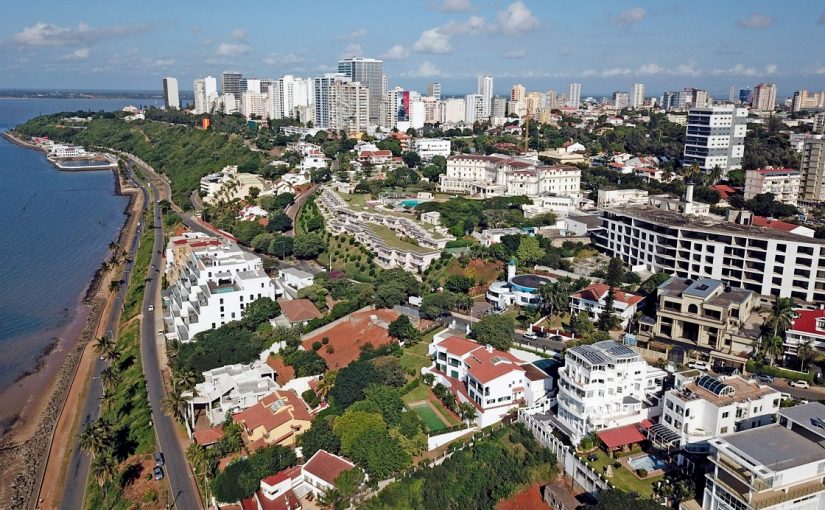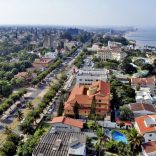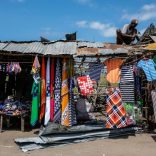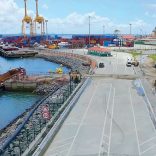Mozambique: Over 14% of state external debt held by China in March - report
Mozambique: Sovereign debt becomes riskiest in Africa

File photo: Lusa
Mozambique has become the riskiest country for investors in African sovereign debt after last week’s attack on the area where oil company Total is working caused interest rates to soar.
According to Bloomberg financial information agency, the difference in the costs of transacting US Treasury bonds is the highest of all African countries, except for Zambia, which is in Financial Default.
The interest required by investors to transact the US$900 million (€767 million ) sovereign debt bonds crossed the 10% barrier on Monday, making them the riskiest on a list of 15 African bonds, which also include Ethiopian and Angolan bonds.
On Monday, the chief economist at consultancy Eaglestone stressed to Lusa that the delay in the development of liquefied natural gas extraction and export projects was worrying because the country needed gas revenues to be able to support the increased cost of sovereign debt instalments, which will rise to 9% per year from 2024.
“From 2024, interest rates on Eurobond [sovereign debt issues] increase to 9%, and this could pose some risk about the country’s ability to meet its commitments,” the analyst said, referring to the increase in interest rates demanded by investors to transact the country’s debt.
The rise in rates reflects some apprehension by investors about the Mozambican authorities’ ability to contain this escalation of insecurity in the region, he explained.
The Total project is expected to generate revenues of around US$96 billion [€81.5 billion] over the next 25 years, according to government estimates, and this is very significant considering that the country’s Gross Domestic Product is around US$15 billion,” or around €12.7 billion, Dionísio concluded.
The Mozambique LNG project consists of gas exploration off the coast in the Golfinho-Atum field in Area 1 of the Rovuma basin and the construction of an onshore plant.
French oil company Total is the largest owner of the project, with 26.5%, followed by the National Hydrocarbons Company, with 16.5%, and five other multinational entities, with smaller stakes.
The project is expected to start exporting gas in 2024 when the country’s revenues are expected to rise exponentially, financing investments for Mozambique’s economic development.
The province of Cabo Delgado, in northern Mozambique, has been the target of terrorist attacks for around three years, and the latest took place on 24 April in Palma, in which dozens of civilians were killed, according to the Mozambican Defence Ministry.
The violence is causing a humanitarian crisis with almost 700,000 displaced people and over 2,000 deaths.
The Islamic State terrorist movement claimed on Monday control of the town of Palma, near the border with Tanzania.
Several countries have offered military support on the ground to Maputo to fight these insurgents, whose actions have been claimed by the self-proclaimed Islamic State, but so far, there has been no opening for this, although there are reports and testimonies that point to security companies and mercenaries in the area.













Leave a Reply
Be the First to Comment!
You must be logged in to post a comment.
You must be logged in to post a comment.